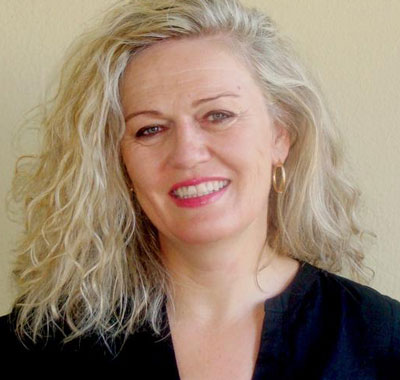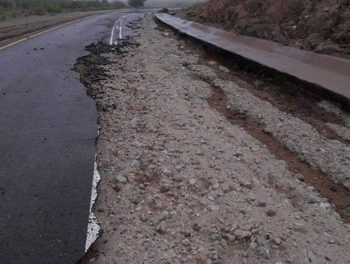
High demand for land poses a challenge to low-cost housing

By Adolf Kaure.
The Swakopmund Municipality Public Relations Officer, Linda Mupupa said that the shortage of erven proportional to the demand for land is one of the main reasons the delivery of low-cost housing is slow at the coastal town.
According to Mupupa the servicing of land is generally underfunded in the entire country. “While some towns may have abundant unserviced land, the current funding model through the Ministry of Urban and Rural Development is simply insufficient to address the ever-growing demand for land.”
“The inability of most local authorities to generate own revenue [through services] [means] the percentage residents who are able to pay rates and taxes is minimal. This reduces most local authorities’ ability to fund land servicing through own revenue.”
“The cost of servicing land is simply too costly if it is not cross subsidized. To provide a fully serviced erf in Swakopmund amidst all the hard rock, costs about N$170,000. That means that erf has water, sewerage, electricity and road access.
She also said that the inability of the intended beneficiaries to access bank loans or other funding due to indebtedness has also lead to the slow delivery from Council of low-income housing to its residents.
Other challenges stated by the Public Relations Officer include the escalating cost of building material and Namibians’ love for bricks and mortar.
“There is a need to de-regulate the use of alternative building materials as well as educate Namibians in general that not all houses need to be bricks and mortar or single-residential.”
Over the past few years, the Swakopmund Municipality has employed multiple strategies to meet the increasing need for land and housing.
These include the servicing of land through own revenue (especially in the middle and low-income areas), servicing of land through public-private partnerships in the middle to high income category, the construction of houses through own revenue like the 40/40 social housing projects, the construction of house through government funded projects such as the Build Together Group and the Mass Housing Development Project.

Soon to be completed Build Together houses in Swakopmund’s Matutura township. (Photograph by Adolf Kaure)













































